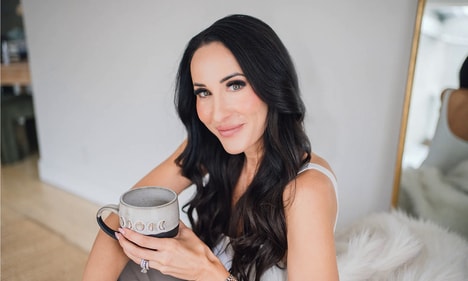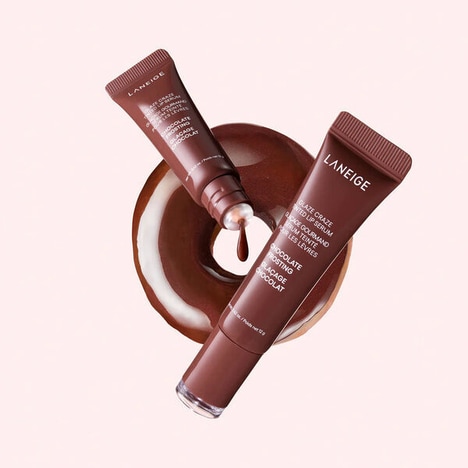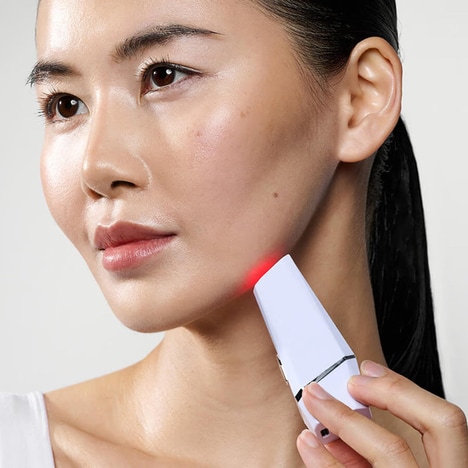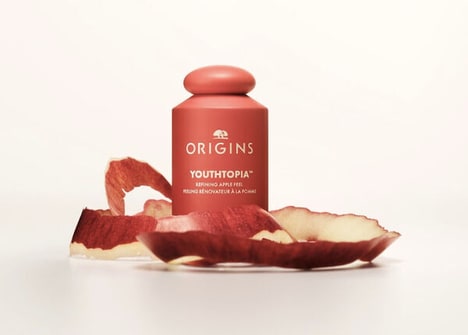Holistic Skin Revival

The pandemic fundamentally reshaped our understanding of skincare, transforming it from surface-level routines to an essential practice deeply intertwined with holistic health. Leah Corrin, the innovative founder of Essence of L Medi Spa, has been at the forefront of this evolution, pioneering treatments that prioritize skin resilience, barrier restoration, and long-term wellness over fleeting trends. In our interview, Leah explores how meaningful innovation now centers around personalization, science-driven solutions, and sustainable results. Discover how Essence of L is championing a skin-first philosophy that empowers individuals to rebuild their skin health thoughtfully and intentionally in a post-pandemic world.
How has the concept of "innovation" in skincare evolved since the pandemic? What does meaningful innovation in this space look like today?
The pandemic changed the way we think about skincare and what we use on our skin. Innovation in this space is not about the latest trendy ingredient, it is about creating solutions that restore and protect the skin on a deeper level. We are seeing a shift toward new formulas, barrier-supporting treatments, and regenerative skincare that works with the skin’s natural processes instead of disrupting them.
Post-pandemic meaningful innovation means longevity, personalization and results that last rather than quick fixes.
2. The "skin-first movement" represents a significant shift in beauty priorities. How are you and your team developing solutions that respond to this changing consumer mindset?
Consumers are more educated than ever, and they are looking for skincare that works with their skin, not against it. At Essence of L, we focus on treatments that strengthen, rebuild and protect the skin barrier rather than just targeting surface-level concerns. Our protocols prioritize collagen stimulation, hydration and inflammation reduction to support long-term skin health.
3. We're seeing a move from reactive treatments to preventative skincare approaches. What creative processes or research methods do you employ to identify effective solutions for rebuilding skin health from within?
The key to prevention is understanding how the skin ages and responds to external stressors over time. We take a science-driven approach by staying up to date on dermatological research, clinical trials, and advancements in regenerative medicine. Every treatment and product recommendation is backed by data and personalized to address the unique skin needs of every client.
4. How do you distinguish between fleeting skincare trends and meaningful innovations with staying power? What resources or indicators help you recognize truly transformative approaches?
The biggest red flag for a fleeting trend is a lack of scientific backing. If something is not adequately supported by clinical research, dermatologists, or real-world results, it might just be successful marketing. I rely on peer-reviewed studies, dermatologist recommendations, and my own experience treating patients to determine what is actually effective.
5. What's the most significant challenge you face when innovating in a post-pandemic skincare landscape where consumers are dealing with unprecedented skin concerns?
One of the biggest challenges is helping people unlearn the damaging skincare habits they picked up during the pandemic - whether that’s over-exfoliating, relying on quick fixes, or using too many active ingredients at once. Many people overcompensated for maskne and stress-related breakouts, leaving their skin compromised. Now, we focus on repairing the skin barrier, calming inflammation, and rebuilding the skin’s resilience so it can function properly.
6. Has there been an instance where a completely different industry or field (perhaps medical research, nutrition, or technology) has influenced your approach to treating persistent skin issues?
Advancements have profoundly influenced our approach to treating persistent skin issues with nutrition and technology.
Nutrition: The correlation between diet and skin health has been a game-changer in our treatment protocols. We have seen firsthand how dietary changes can greatly influence skin conditions. By advising our patients to modify their diet to exclude inflammatory foods like sugar, eggs and dairy, and to include anti-inflammatory foods rich in antioxidants, we have achieved significant improvements in skin clarity and overall health. This holistic approach not only treats the skin externally but also supports systemic health, reflecting our commitment to comprehensive care.
Technology: The use of advanced technology has revolutionized our treatment capabilities. We employ a range of state-of-the-art devices like laser therapies and radiofrequency treatments, which allow for more precise and effective interventions for a variety of skin issues, from aging to hyperpigmentation. The integration of digital skin analysis tools, like our Visia scanning device, has also enabled us to recognize skin conditions more accurately and tailor our treatments more effectively to each individual’s unique skin profile.
7. The shift from quick-fix solutions like fillers to longer-term collagen-building treatments suggests a cultural change. How do you foster an innovative mindset that embraces this more patient, holistic approach to beauty?
The best results take time, and I focus on educating my clients about why long-term skin health matters more than instant results. We take a progressive approach, combining in-clinic treatments with customized home-care routines to encourage gradual, sustainable improvements. More and more people are realizing that healthy skin looks better than any filler or heavy makeup ever could, and they are embracing a more patient, results-driven mindset that truly comes from within. It is not just the products you are using but the food and nutrients you are consuming as well.
8. Looking to the future, how do you envision Essence of L continuing to lead innovation in addressing these lingering pandemic-related skin concerns and the evolving "skin-first" movement?
We are committed to staying at the forefront of science-backed skincare solutions. That means continuing to explore advanced treatments, next-gen collagen-boosting technologies, and barrier-repairing innovations. We also believe in education - helping clients understand how to nurture their skin long-term, not just chase quick results. The future of skincare is about protecting and future-proofing our skin, and that is where we are headed.
9. Many clients are still dealing with what you might call "pandemic skin legacy issues." How are you approaching these unique concerns differently than traditional skin problems?
Pandemic-related skin concerns are more complex than typical acne or sensitivity because they stem from prolonged barrier disruption and chronic stress responses. Instead of treating them in isolation, we develop long-term recovery plans that include peptides and ceramides to rebuild the skin barrier, targeted hydration to repair dehydration at a cellular level, and anti-inflammatory treatments to calm stressed-out skin. The goal is to restore skin function so that it can protect and heal itself naturally again.
10. The beauty industry has historically been driven by cosmetic solutions that mask issues rather than heal them. How are you reframing innovation to prioritize skin health over temporary aesthetic improvements?
The conversation is shifting away from coverage to correction. Traditional beauty standards focus on concealing imperfections, but at Essence of L we are showing clients that true beauty comes from healthy, functional skin. This means prioritizing collagen-boosting treatments over fillers, barrier repair over excessive exfoliation, and long-term skin function over short-term glow. Innovation is not just creating the next “miracle” product, but giving skin what it actually needs to be stronger, healthier, and more resilient for life.


